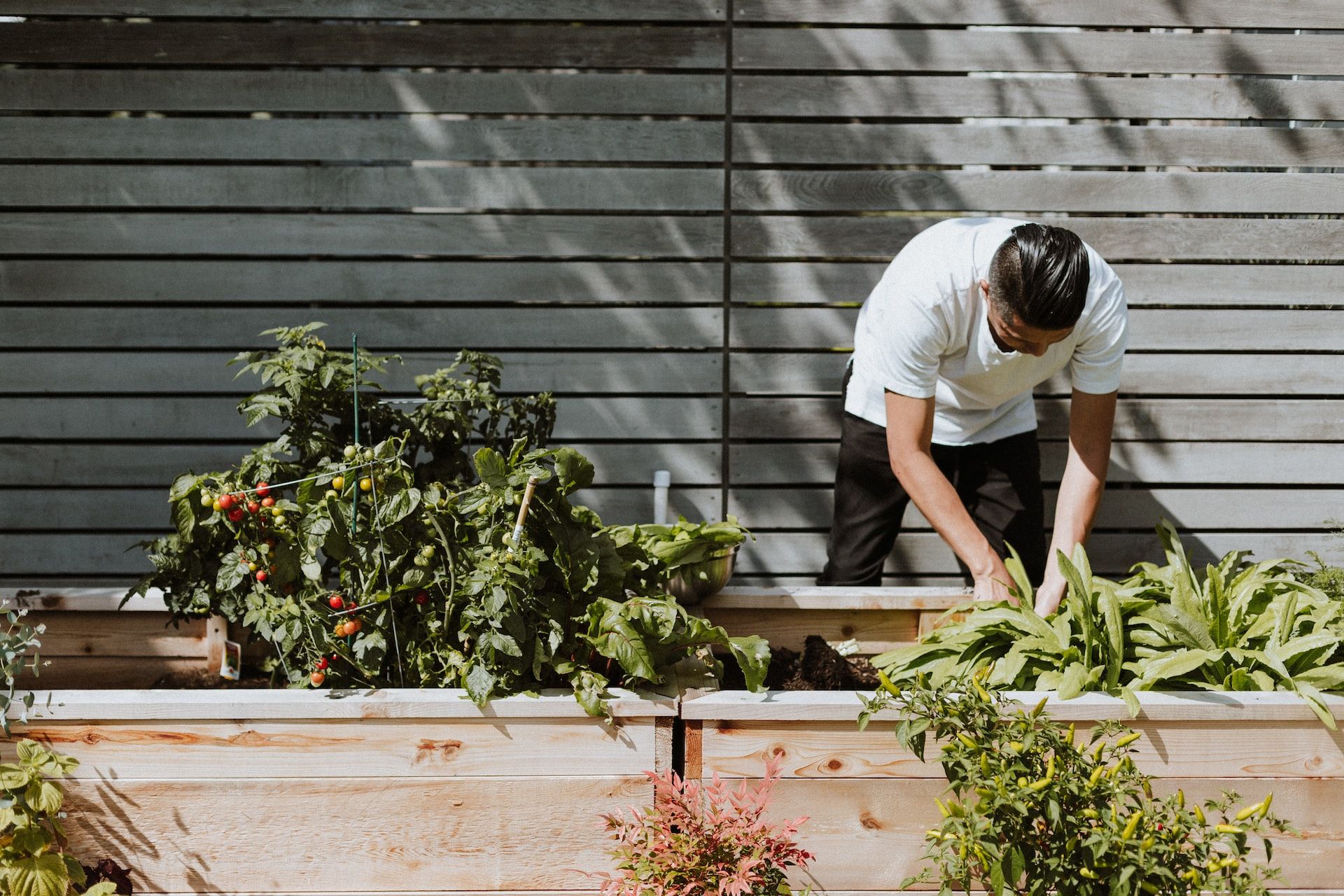
3 Wood Stains That Are Safe For Use In The Vegetable Garden
Safe wood stains to use in your vegetable garden without worrying about harmful chemicals.
Whether you want to be more self-sufficient or just to save a few dollars, growing your own food is not only rewarding but delicious, and a great way to protect yourself and your family from nasty chemicals and sprays used on fruits and vegetables sold at your local supermarket! Ethylene-gassed tomatoes, anyone?
The seeds you have sown, have germinated, and now need planting, you need to build a planter box but don't know what materials are safe, and again you are worried about nasty chemicals, and you should be!
A lot of treated wood and stains used to protect the wood from the elements can contain harmful chemicals that can leech into your food, some treated wood can contain arsenic and formaldehyde! (you can't make this stuff up).
So, what wood can you use to make a safe planter for your vegetable garden? Here are three wood stains that are safe for use in the vegetable garden.
Selecting non-toxic timber for your planter box
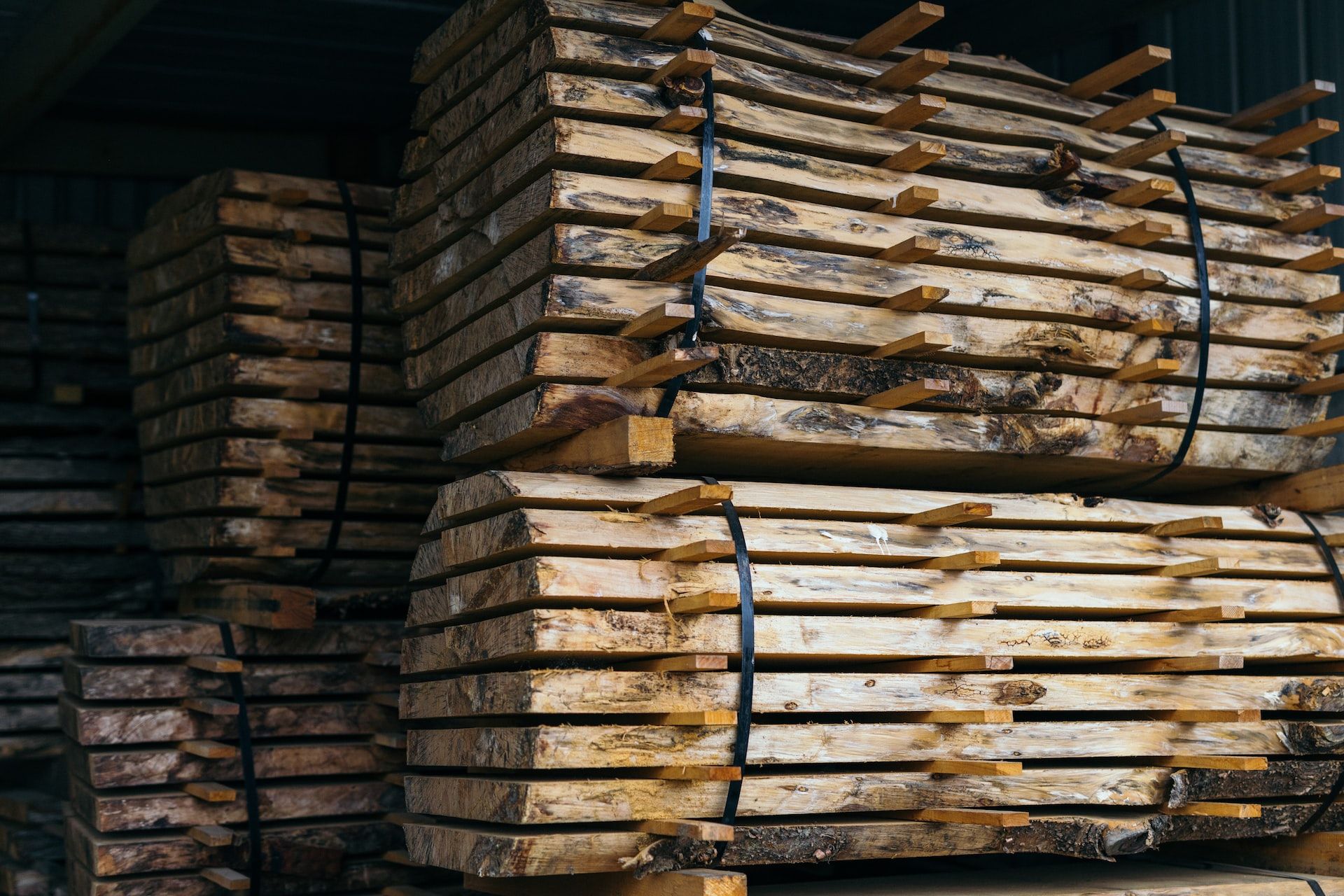
When it comes to choosing timber for your planters you need wood that will handle moisture well and last for a long time, we wouldn't want our planter to rot out within a few years.
Timber should be durable and thick enough to hold a substantial amount of soil and of course be non-toxic to humans, animals, and plants.
Woods like Western red cedar, Redwood, Kwila, and Cypress are all naturally decay and bug-resistant, which can last outdoors untreated for years to come.
Naturally durable woods are a great choice for outdoor use and for our planter boxes since they aren't often treated with harmful chemicals (though be sure to check with your supplier before purchase).
If naturally decay-resistant woods aren't available to you locally an alternative is to naturally protect any untreated wood with a non-toxic stain, more about those soon.
Wood recycled from pallets can be used to make planters and normally hasn't been treated with harmful chemicals. But be warned some pallets can be treated with methyl bromide, a toxic pesticide that has been linked to human health problems and ozone layer depletion so best to check the markings on the pallets and even a quick Google search for what your country uses to treat pallet wood, if at all, in New Zealand, pallet wood is only heat treated.
Non-toxic wood stains to use in your vegetable garden
While there are many Non-toxic wood stains, these 3 are our top choices for staining garden plants. If you'd like more options and to know more about staining wood check out our article Non-Toxic Natural Wood Finishes & Preservatives
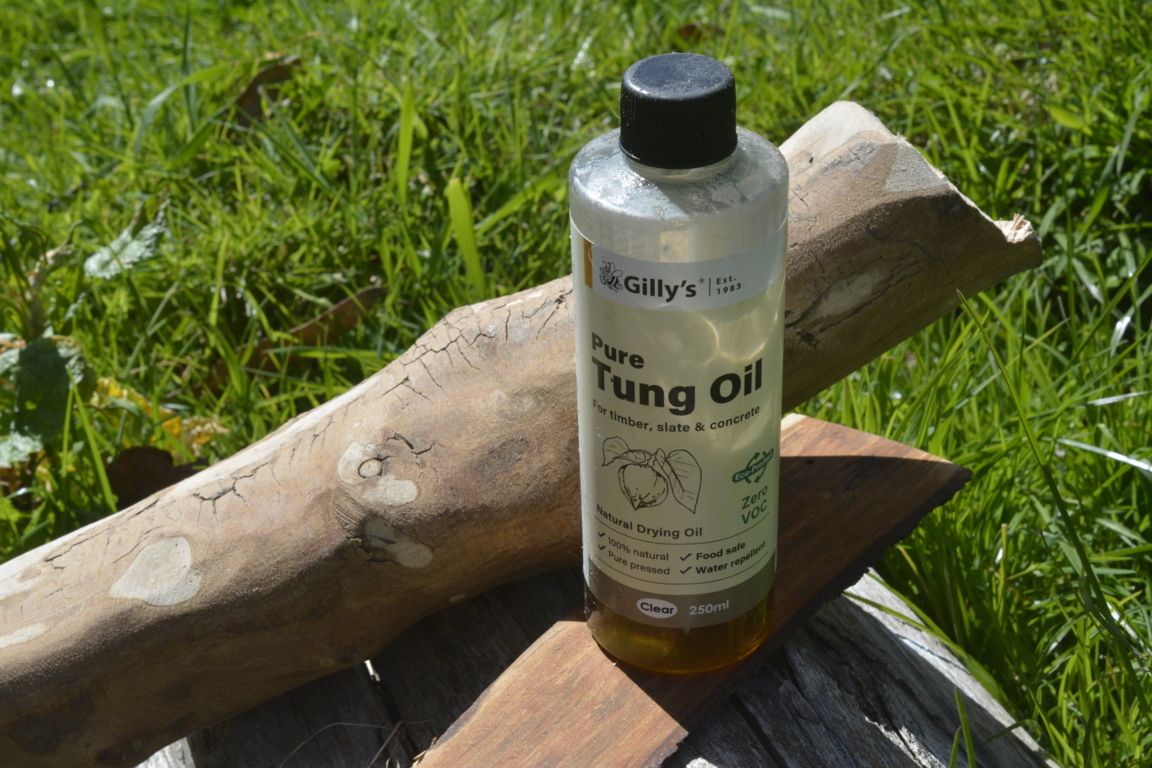
Tung oil
Tung oil is the perfect wood stain to protect your vegetable garden planter!
This oil is derived from the seeds of the tung tree and has been used for centuries in China as a waterproofing agent for wooden boats.
It is a natural wood sealer that does not contain any harmful chemicals and is completely safe for human skin contact and ingestion.
Tung oil is a particularly versatile substance that can be used to protect and beautify a wide variety of different materials.
One of the most common applications of this versatile oil is in wood finishing, as it provides a durable, protective layer that can withstand moisture and harsh weather conditions without fading or cracking.
Tung oil works by soaking into the surface of the wood and creating a barrier that keeps out unwanted elements while still allowing the material to breathe.
Additionally, tung oil forms a deep lustrous sheen once it has dried, making it a popular choice for anyone looking to enhance the natural beauty of their wooden surfaces.
Tung oil is an excellent choice for protecting and preserving your garden planters.
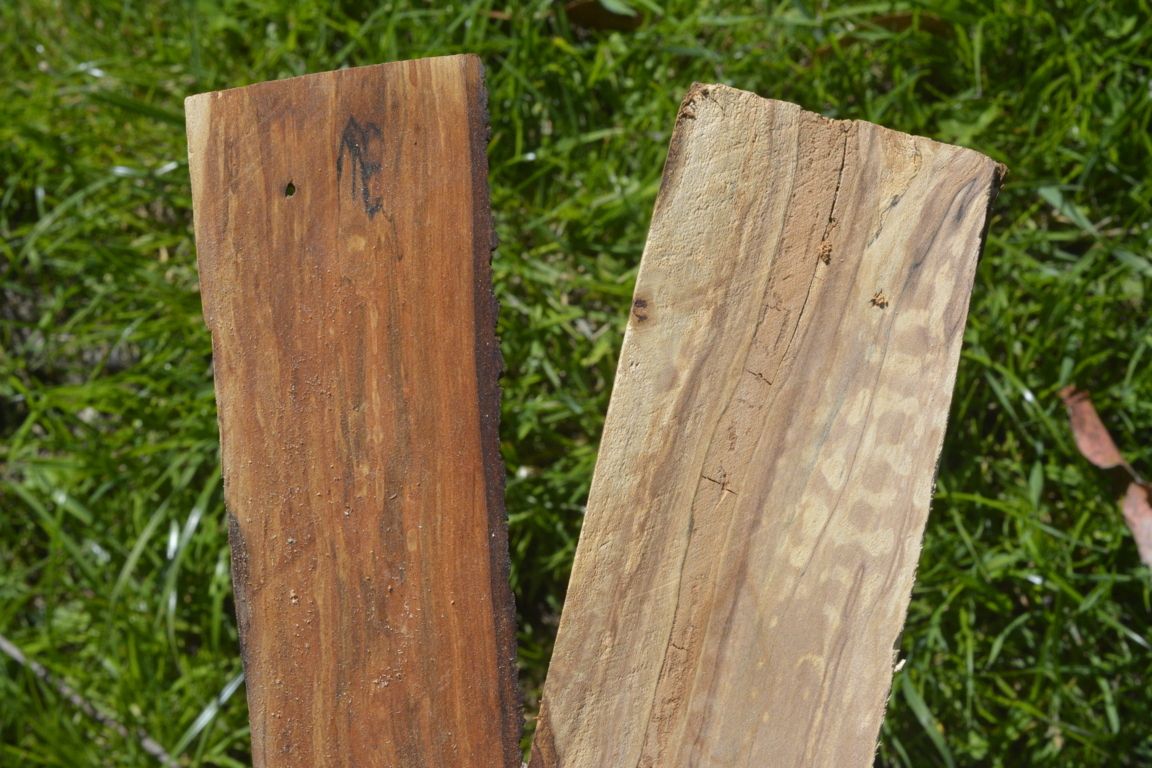
Linseed oil
Linseed oil can protect your planters for years to come and is basically maintenance-free.
This oil is produced from flax seeds and has been used for wood finishing for centuries. It is safe for human skin contact and ingestion.
Linseed oil is a natural and versatile substance that has many applications in protecting wood against damage and decay.
First, linseed oil contains powerful antioxidants that help to keep wood healthy by preventing the growth of mold, mildew, and bacteria.
Additionally, linseed oil blocks UV rays from damaging wood by creating a protective barrier on the surface of the wood. Because it is highly durable, linseed oil can also withstand exposure to harsh weather conditions without degrading or losing its protective properties.
And unlike other finishes that require reapplication after a certain amount of time, linseed oil forms an organic bond with wood that continues to protect it for years to come.
Overall, using linseed oil as a sealing agent for wood is an effective way to protect this valuable building material from damage and decay.
Cedar Oil
Might be harder to find a supplier of Cedar oil but if you can get it, it's a great choice for protecting your untreated wooden creations.
Cedar oil is derived from the wood of cedar trees and has natural rot resistance properties. Cedar oil is also safe for human skin contact and ingestion.
Cedar oil has long been valued for its ability to protect wood. This fragrant oil is known for its potent antimicrobial properties, which make it an excellent choice for keeping outdoor structures safe from rot and other damage.
Cedar oil also acts as a natural deterrent to insects, making it ideal for protecting timber against insect infestations. In addition, cedar oil's chemical composition naturally repels both water and moisture, allowing it to keep wood surfaces dry and resistant to decay. With these many benefits, cedar oil is truly a versatile tool in protecting wood from the elements.
So if you want to keep your wooden planters, deck or garden shed looking beautiful and strong for years to come, consider investing in cedar oil today!
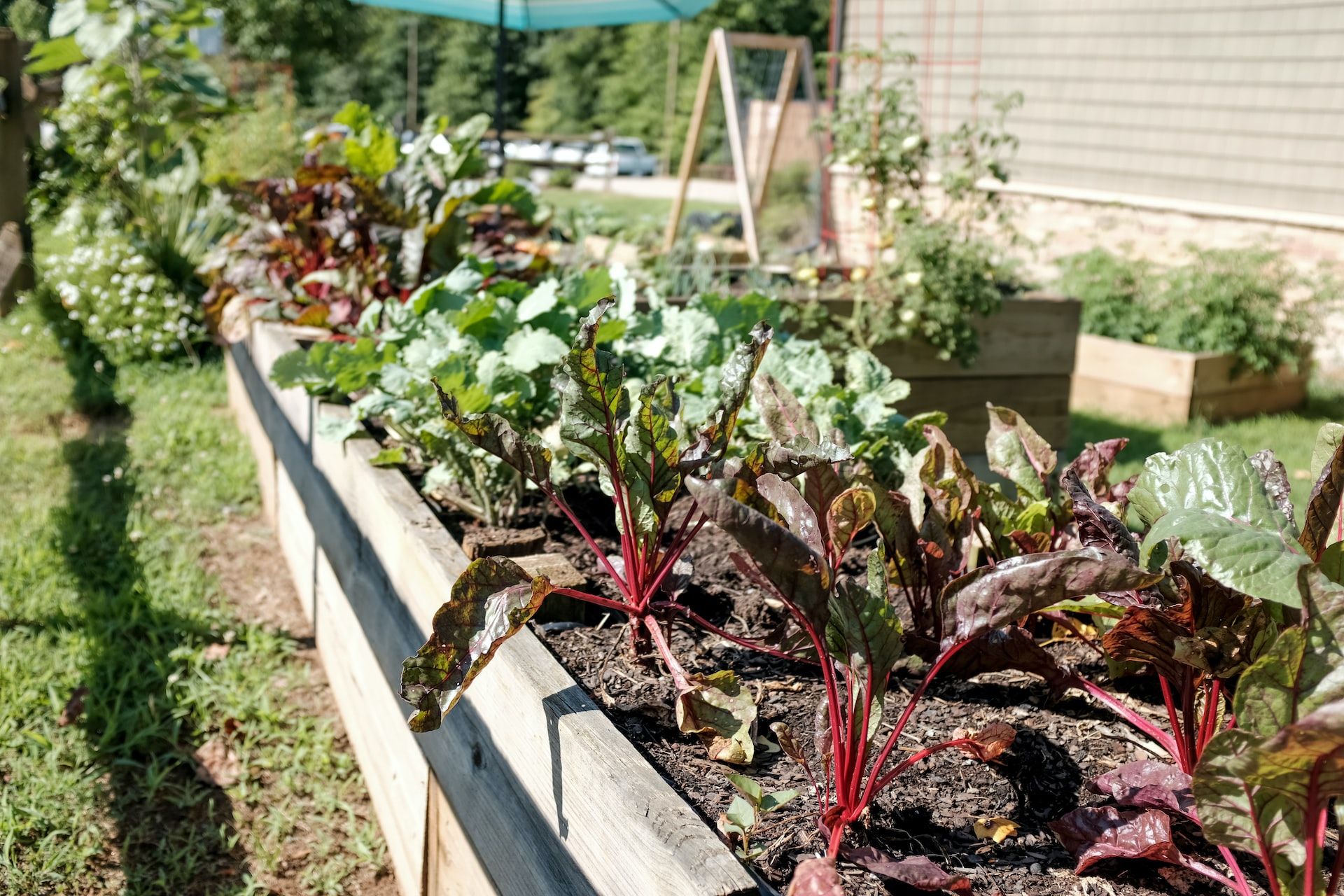
So there you have it, three wood stains that are safe for use in the vegetable garden! Now get out there and get growing! For more info on protecting wood naturally see Non-Toxic Natural Wood Finishes & Preservatives.
